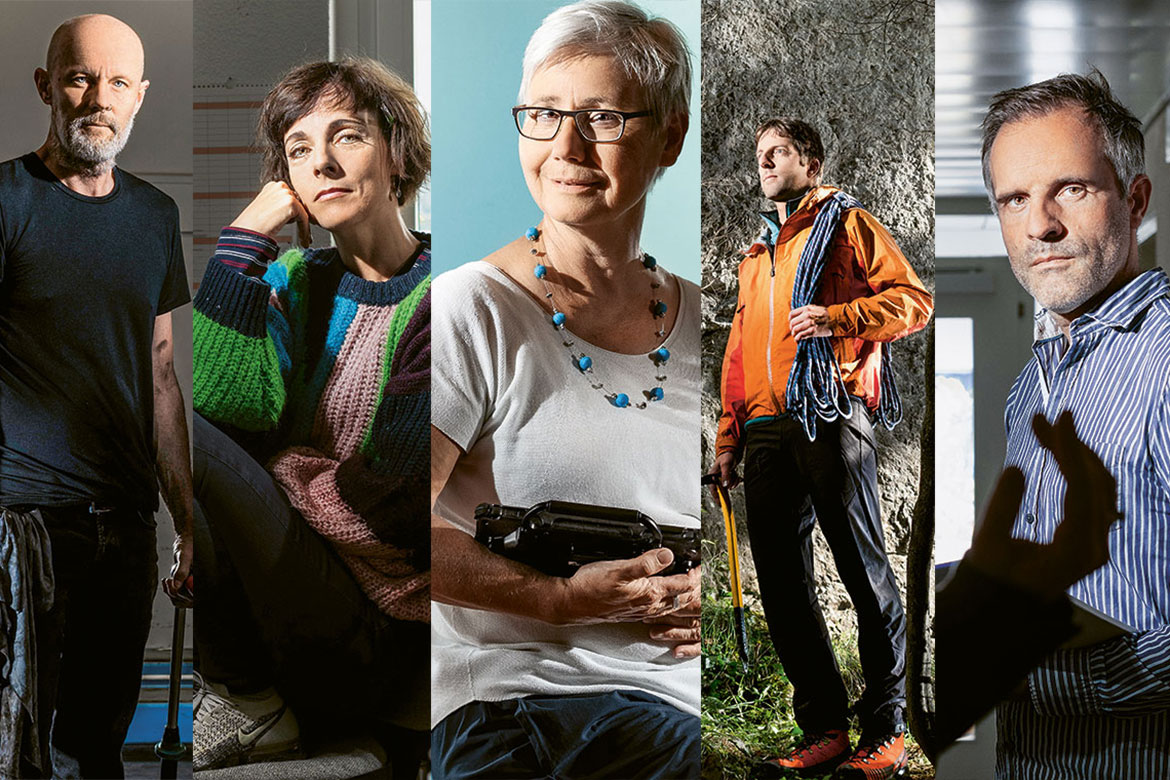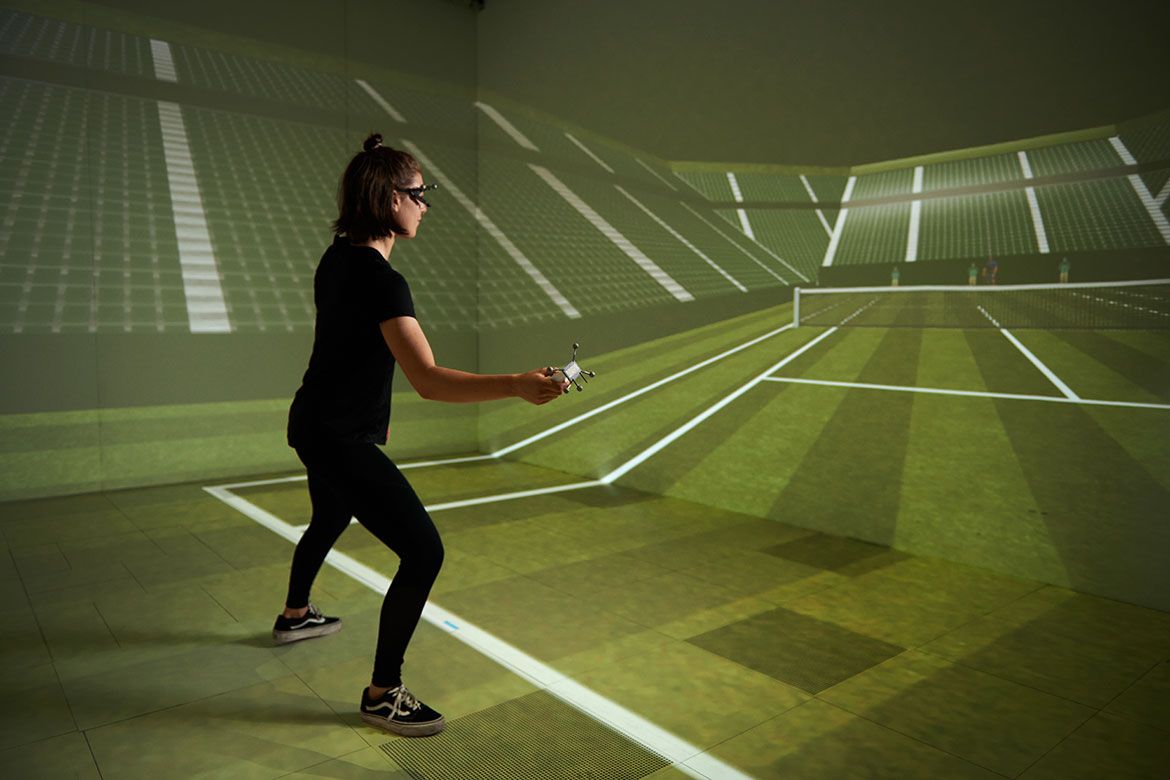PEOPLE
Into the unknown
Resolving conflicts with AI, participating in a militant movement, and the strange, long-term consequences of Long Covid – three researchers here take a step into the unknown.
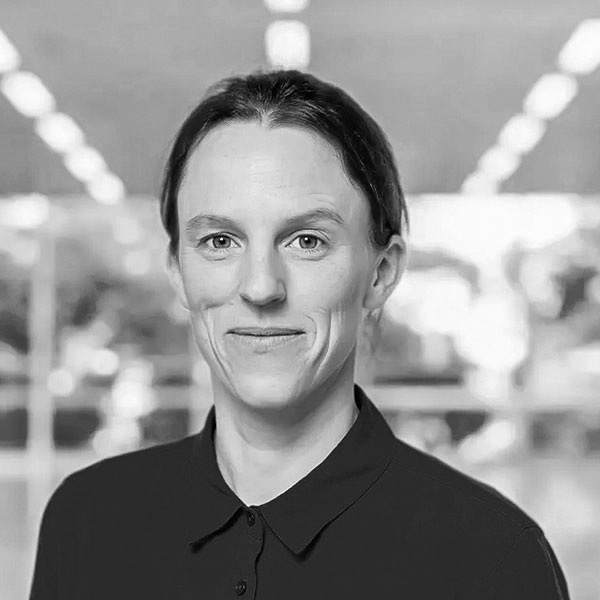
Image: zVg
Valerie Sticher, a Swiss research fellow at the National University of Singapore, spoke with the Tages-Anzeiger newspaper in Zurich about artificial intelligence (AI) in times of war and peace. She believes that AI can be more than merely a tool to steer autonomous weapons, and could one day also be important in peace negotiations – especially when it comes to providing information. “As long as parties to a conflict believe that they can achieve more by military means than through political dialogue, peace negotiations will remain unsuccessful”, she says. She’s been researching into the conflict in Ukraine for some time now, and believes that Putin ought to have used AI methods in advance. “If he’d done that”, she speculates, “he might not have taken the decision to invade”.
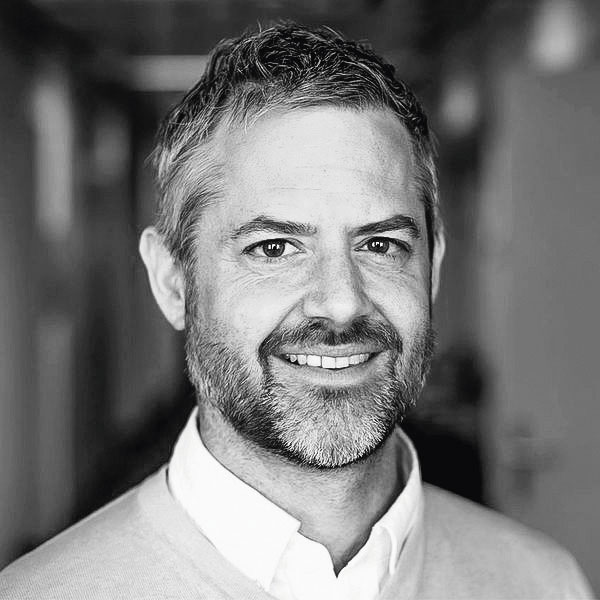
Image: zVg
Milo Puhan is an epidemiologist at the University of Zurich, and is keeping Switzerland informed about Long Covid. He has been conducting a cohort study in Zurich, observing 1,550 people who have been infected with Covid-19 since the beginning of the pandemic. Of 100 people affected, 16 still had impaired health a year later – one of them severely. As Puhan told the Long Covid Network Altea in late March 2022, the Omicron wave might have led to fewer hospitalisations despite more infections, but we still cannot yet determine whether it is causing more or fewer Long Covid cases: “The number of people infected who end up suffering from Long Covid can only be seen after three months. Even other countries where Omicron appeared a little earlier don’t have much of a head start to help us”.
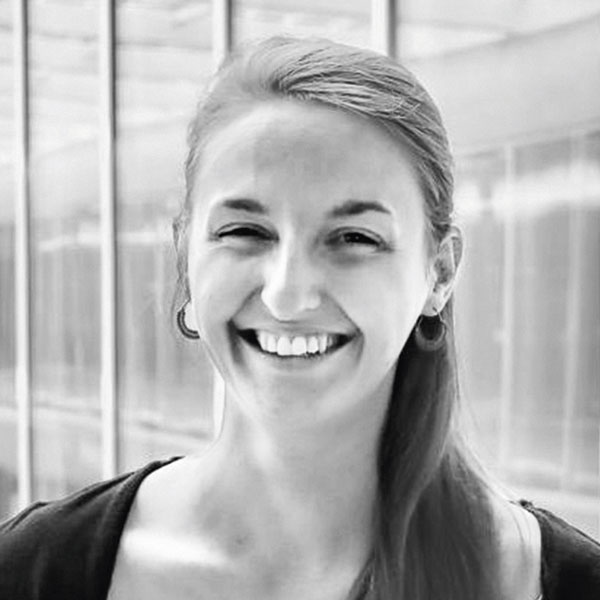
Image: zVg
Célia de Pietro is completing her doctorate in sociology at the University of Lausanne and is also a member of Extinction Rebellion, a militant environmental organisation that relies on acts of civil disobedience. In her doctoral thesis, entitled ‘Love and rage’, she is examining the emotions within this activist movement – including her own. To this end she fills notebooks with self-observations so that she can later detect emotional shifts, as she explained to the newspaper Le Courrier. “My familiarity with the movement doesn’t prevent me from being critical”, she says. In order to keep her objective edge, she often exchanges ideas with her doctoral supervisor, research colleagues and fellow militants.


